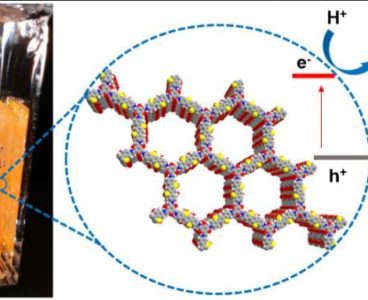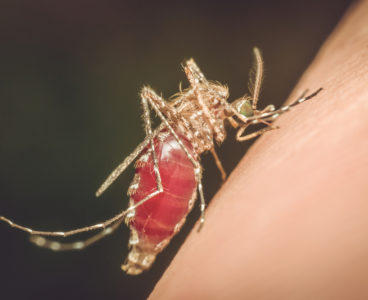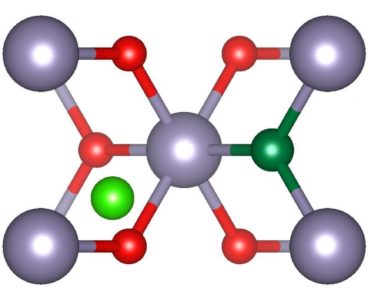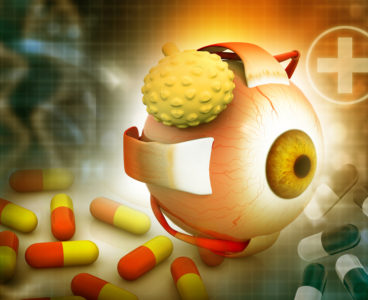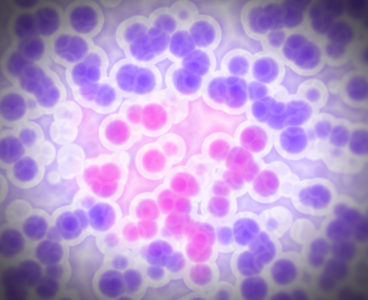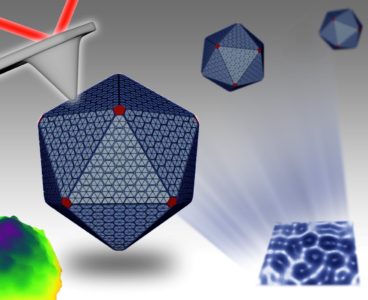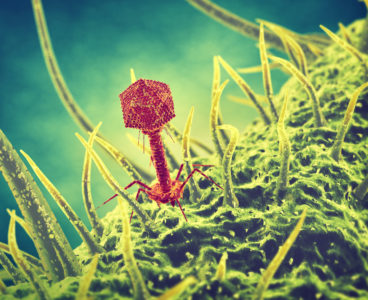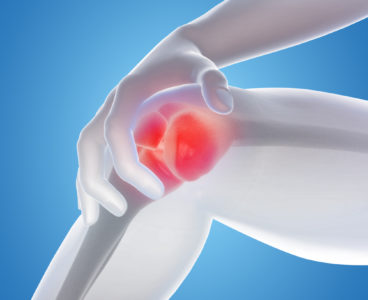
Laser Technique May Open Door to More Efficient Clean Fuels
Researchers Discover Highly Active Organic Photocatalyst
Genetic Variant Discovery Will Help Asthma Sufferers
New Insight into How Magma Feeds Volcanic Eruptions
A novel research study by scientists at the University of Liverpool has provided new insights into how molten rock (magma) moves through the Earth’s crust to feed volcanic eruptions. Using laboratory experiments involving water, jelly and laser imaging, researchers were able to demonstrate how magma flows through the Earth’s crust to the surface through magma-filled…
Nanotechnology Improves Long-Acting Anti-Malaria Drug
A new study, published in Nature Communications, conducted by the University of Liverpool and the Johns Hopkins University School of Medicine highlights a new “long acting” medicine for the prevention of malaria. Every year, malaria afflicts hundreds of millions of people and kills hundreds of thousands of children. Despite considerable success in reducing the worldwide…
New Long-Acting Approach for Malaria Therapy Developed
Discovery Points the Way to Better And Cheaper Transparent Conductors
Researchers at the University of Liverpool have made a discovery that could improve the conductivity of a type of glass coating which is used on items such as touch screens, solar cells and energy efficient windows. Coatings are applied to the glass of these items to make them electrically conductive whilst also allowing light through.…
A Pinch of Salt Transforms into an Electrical Switch
A team of scientists from the University of Liverpool, University College London, and the University of Zaragoza in Spain has discovered a way to induce and control a fundamental electrical switching behavior on the nano-scale. Their results are reported in the journal Nature Nanotechnology, where the team describe how separating an atomically thin layer of…
Turning a Pinch of Salt into an Electrical Switch
A team of scientists from the University of Liverpool, University College London and the University of Zaragoza in Spain has discovered a way to induce and control a fundamental electrical switching behaviour on the nano-scale. Their results are reported in the journal Nature Nanotechnology, where the team describe how separating an atomically thin layer of rock…
Researchers Help Develop New Antifungal Drug
International Eye Cancer Research Project to Improve Future Therapies
New Approach to Leukemia Can Help Improve Successful Treatment
Computer-Guided Strategy to Help Accelerate Materials Discovery
Nanotechnology Reveals Hidden Depths of Bacterial ‘Machines’
New research from the University of Liverpool, published in the journal Nanoscale, has probed the structure and material properties of protein machines in bacteria, which have the capacity to convert carbon dioxide into sugar through photosynthesis. Cyanobacteria are a phylum of bacteria that produce oxygen and energy during photosynthesis, similar to green plants. They are…
New Center to Address Antimicrobial Drug Challenge
Phage Therapy Shown to Kill Drug-Resistant Superbug
Clinical Trial for New Innovative Osteoarthritis Drug
New Nanomedicine Approach Aims to Improve HIV Drug Therapies
Innovative Nanomedicine Creates Better HIV Drug Therapies
New research led by the University of Liverpool aims to improve the administration and availability of drug therapies to HIV patients through the use of nanotechnology. The research, conducted by the collaborative nanomedicine research program led by Pharmacologist Professor Andrew Owen and Materials Chemist Professor Steve Rannard, examined the use of nanotechnology to improve the…


